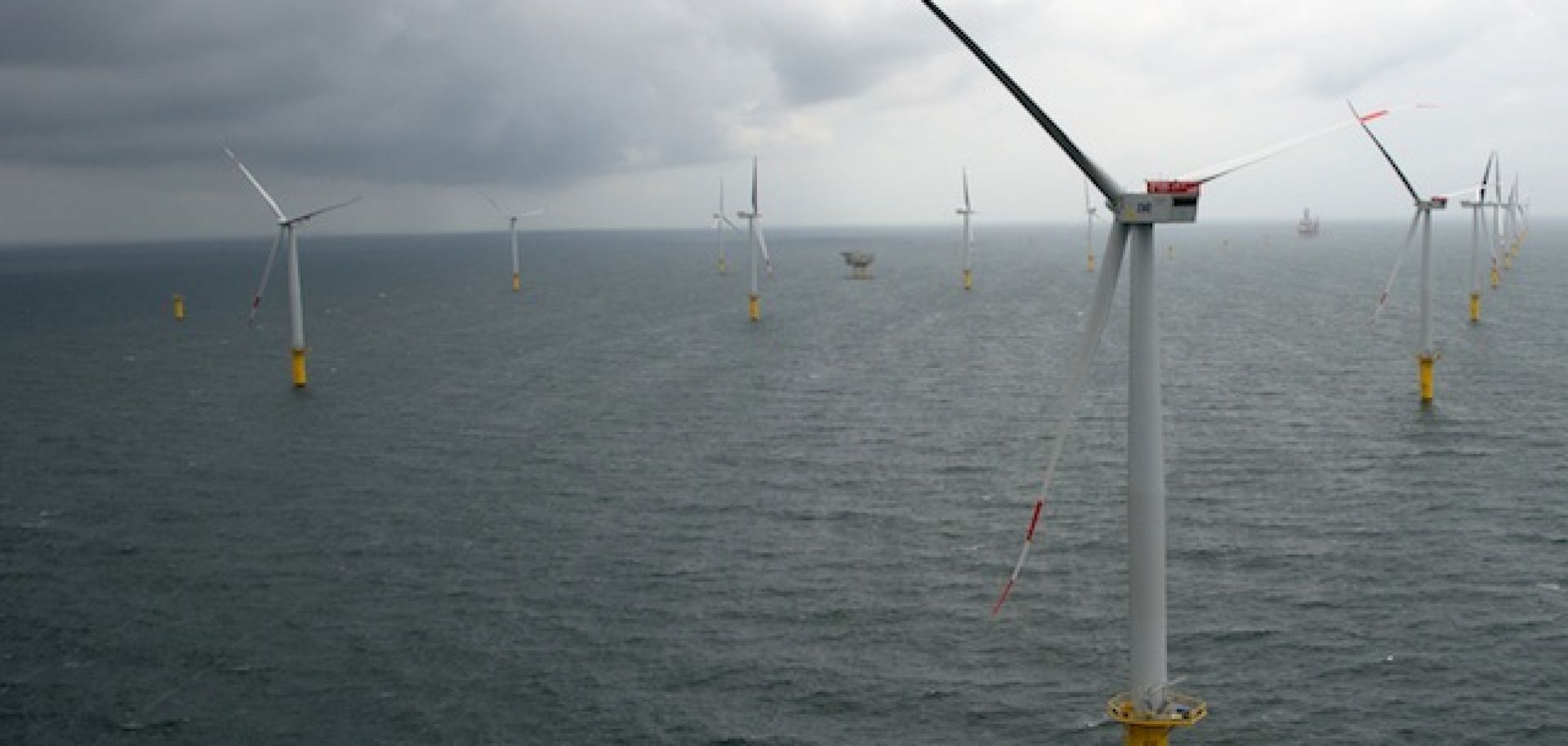ASSESSMENTS
Germany's Tenuous Transition to Renewable Energy
Jul 24, 2013 | 10:04 GMT

(DAVID HECKER/Getty Images)
Summary
Renewed interest for nuclear power in Europe has reignited a debate in Germany over EU energy policy and its effects on the country. Germany has been a strong advocate for renewable energy, which is a core part of Berlin's plan to transition away from nuclear power and reduce its reliance on hydrocarbons. However, aligning other EU countries with the German national energy strategy appears likely to become increasingly difficult.
Due to such factors as the European economic crisis and the natural gas boom in the United States, European countries are scrambling for cheaper sources of energy in order to regain economic competitiveness. Moreover, despite Germany's relative resilience to the economic crisis, the country's industrial base and consumers are struggling with rising electricity costs, casting doubt on whether Berlin will be able to continue its ambitious but expensive energy transition. In the meantime, Germany's need for cheap energy, and much of its current oil and natural gas reliance on Russia, will remain.
Subscribe Now
SubscribeAlready have an account?
